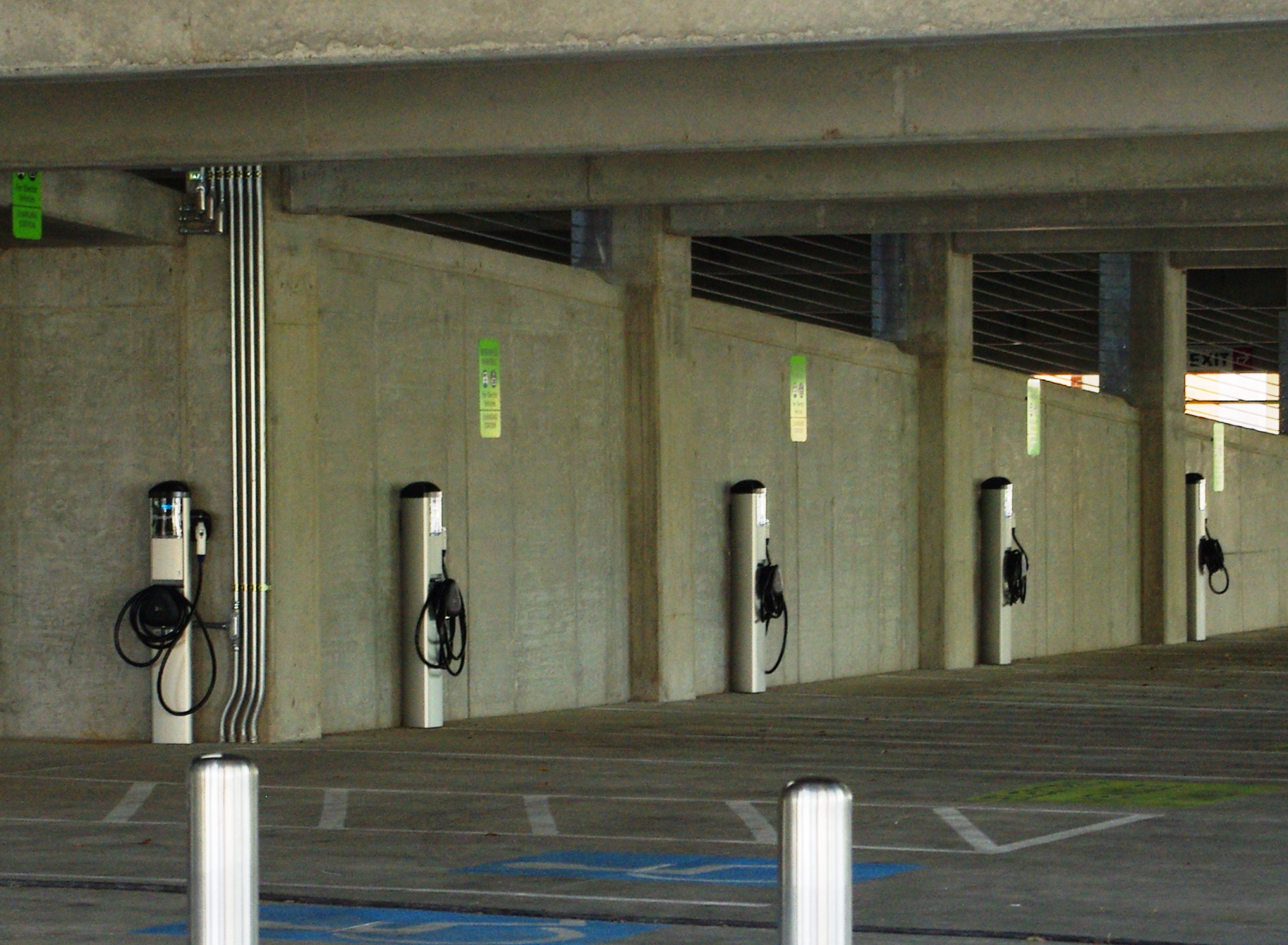The new parking structure will designate 75 Clean Air Vehicle spaces, 40 of which will later be exchanged for electric vehicle charging stations, to comply with a new state building code. A tubing system that will provide an electrical wiring route to the 40 spaces will be included in the construction of the structure in anticipation of the future charging stations, said Brian Phillips, senior director of facilities management.
A new CALGreen code requires parking structures to have at least eight percent of its spaces designated for Clean Air Vehicles. The 75 of the total 939 spaces in the new structure will meet this CALGreen code requirement.
The parking structure architect initially made the recommendation for the charging stations, and Mike Maples, a member of the Board of Trustees, also highly recommended the addition, Phillips said. The wiring system is being added into the construction process due to the difficult nature of supplying it after construction is completed.
Growing need
The charging stations are intended to meet a future need on Biola’s campus.
“There is a slow growing trend for the need of car charging stations both in public and university parking,” said Jody Spicer, construction manager for facilities management.
The stations will not be initially added to the structure because of the current competing standards for charging stations, Phillips said. Different companies in the automotive industry support various station systems; some charging points require as much as twenty-four hours to charge while others only require as little as twenty minutes, Phillips said. The charging spaces will be installed once a decision has been reached. The university is still looking for the most efficient and versatile option for the campus, Spicer said.
There is no timeline for how long it will take for the spaces to be converted to charging stations, due to the uncertain direction of the electric vehicle industry.
“It depends on how the automotive industry develops its electric cars and how quickly students adopt those and bring them to campus,” Phillips said.
Phillips believes it will take time for all 40 spaces to be put to use and does not believe it will immediately happen when the charging stations are first made available.
Potential cost to students
The cost range of adding the charge stations is very wide since the type of station has yet to be determined, Spicer said.
Biola is among other California universities that have made this addition for electric vehicles. The University of California at Riverside installed charging stations in their parking lots this past September, and will be charging $1 per hour for the first four hours. The University of California at San Francisco began charging students a similar price of $1.25 per hour of use.
It has not been resolved whether or not there will be a cost for using the stations, Phillips said. It has to be determined whether the availability of the charging points will be included in student housing or a separate fee, Phillips said.








